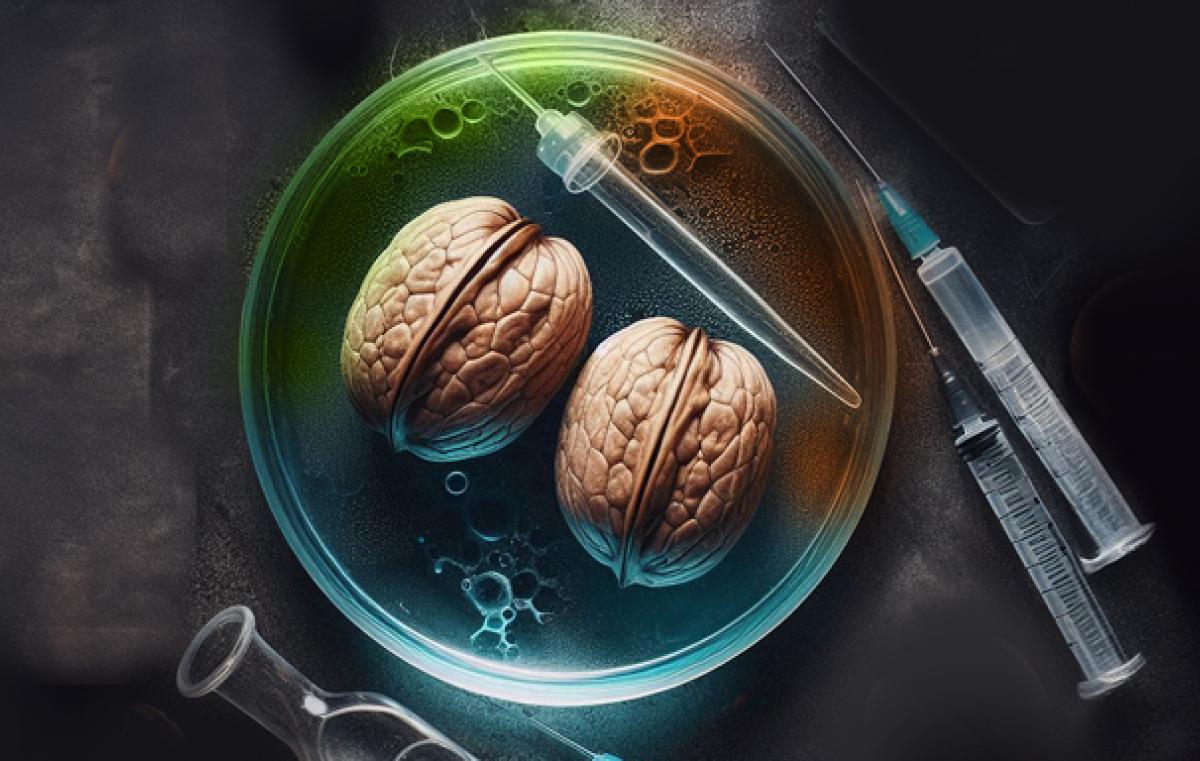The Promise of Artificial Testicles
How Medical Research Is Advancing Fertility Treatment and Reproductive Science

Miniature Organoids Offer New Hope for Male Fertility
In the laboratories of Bar-Ilan University, a tiny creation is generating immense excitement in the world of medical research. Dr. Nitzan Gonen and her team have successfully developed artificial testicles—an innovation that could transform fertility treatments and improve outcomes for individuals with sexual development disorders.
For the one in twelve men worldwide affected by infertility, this breakthrough offers new hope. These miniature organoids, though small in size, represent a major leap forward in reproductive science, opening new avenues for understanding male fertility and its disorders.
A Medical Research Breakthrough in Reproductive Science
The testis plays a crucial role in sperm production and testosterone synthesis, yet studying it outside the body has long been a challenge. Abnormalities in testicular development can lead to disorders of sex development (DSD) and male infertility, but until now, scientists lacked a reliable model for studying these complex processes in vitro.
Dr. Gonen, an expert in fetal sex determination, along with her research team—including Aviya Stopel, Cheli Lev, and Stav Dahari—has changed that. Their work in developing artificial testicles offers a precise and functional model for studying testicular development and function, paving the way for potential new treatments.
The Future of Fertility Preservation for Cancer Patients
Beyond its implications for male infertility, this medical research carries profound significance for childhood cancer patients. Many young boys undergoing chemotherapy face the devastating prospect of infertility, as they are too young to produce and freeze sperm before treatment. Dr. Gonen envisions a future where testis organoids could be grown from biopsies of these young patients, preserving their ability to have biological children later in life.
A New Era in Fertility Research
This pioneering work exemplifies how medical research can revolutionize reproductive science, offering new solutions to long-standing challenges. As this field progresses, artificial testicles could lead to groundbreaking treatments for infertility, sex development disorders, and fertility preservation in cancer patients—turning scientific innovation into life-changing possibilities.
The findings of this study were recently published in the International Journal of Biological Sciences.